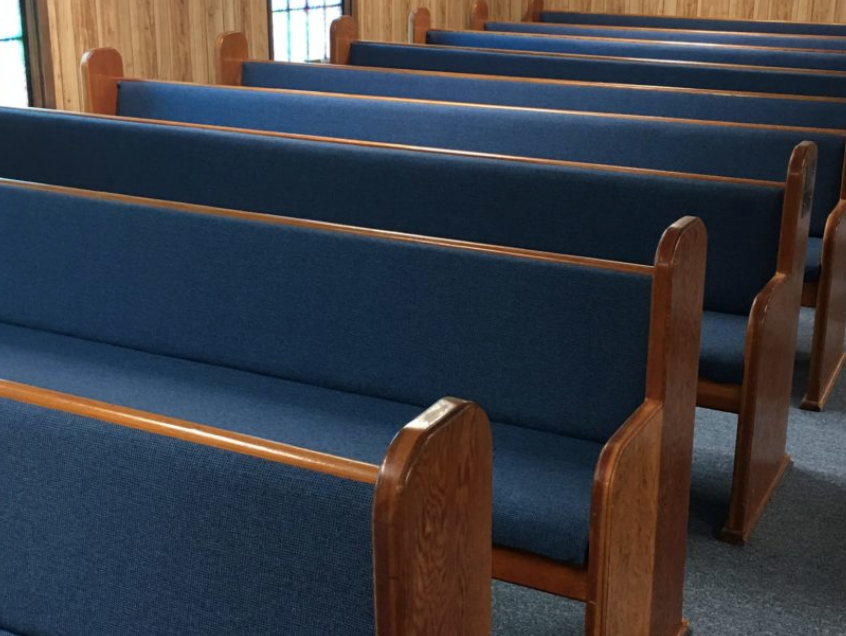To no one’s great surprise, former President Donald Trump overwhelmingly won the Iowa caucuses. Journalists who flew into freezing cornfield country all knew this was going to happen, but they still had to come up with something to write during the days leading up to the event.
The reason for Trump’s victory? All those evangelicals who made up 64% of the Iowa electorate GOP electorate with minorities splitting off for either Florida Gov. Ron DeSantis or former South Carolina Gov. Nikki Haley.
However, that 64% figure, which dates back to the 2016 GOP presidential primary, was totally off, according to pollster Ryan Burge’s figures. His Monday newsletter postulated that Iowa was not near as evangelical as everyone says. In fact, Iowa is more Catholic, then Methodist and Lutheran if it’s anything, so why reporters were concentrating solely on evangelicals is a mystery.
But evangelicals were way more picturesque and out there, in terms of stumping for their guy. And they had killer memes and YouTube videos.
That’s where reporters from the mainstream media hung out before the voting. I best liked Sunday’s piece in Politico, which described how Kari Lake — who lost her bid to become governor of Arizona in 2022 despite her claim of election fraud — showed up at a well-known Des Moines church that morning to troll a DeSantis backer.
Trying to find a creative walk-up story in 48 hours before caucus/election day is difficult in the best of circumstances but here the Politico reporter is having to stake out a chilly church foyer having to interview folks while they’re rushing to get out of the cold and into a much warmer sanctuary.
“Of course I’m caucusing for President Trump,” said Judy Billings, a loyal member of the congregation, clutching her Bible as she entered the foyer. “I just love the guy. I think he’s a total hero, and he has my full support … I think he’s the only one that can win and lead our country.”
In 2016, evangelicals were a weak point for Trump in the primary. But eight years later — after the party took a hard turn toward Trump-ism — they now sit firmly in his corner.










